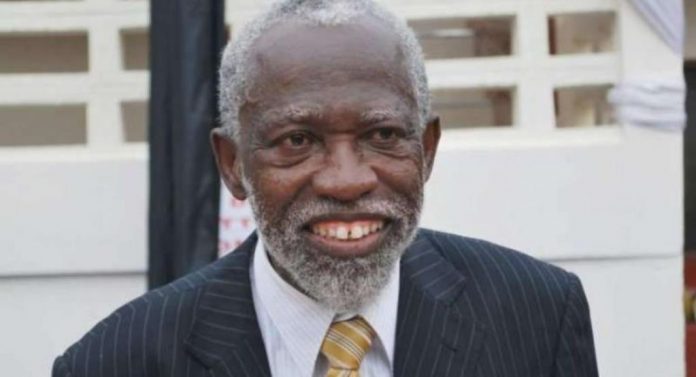The Ghana Revenue Authority has been in the news for some good reasons but, also largely, the annoying ones.
The Board of the Ghana Revenue Authority, consisting of respected blend of professionals, would be the first to admit that the onus of finding revenue to support government’s lawful and constitutional mandate of fast-tracking infrastructural development lies largely on the Authority.
Similarly, the management, which is equally one of the finest in the sub-region, knows that in the three years that the new administration has been in the driving seat of political governance, it has focused on the option of enhanced productivity, in finding an enduring solution to the canker of African governments overtaxing its people to develop.
IMF Programme
As we all are aware, governments and their development programmes, if it has to be sustained, run largely on internally mobilized revenues. From socio-economic through infrastructural development and governance programmes, the convention and practice has been funding from revenues agencies like the GRA rake in.
The usual practice was therefore for government to have pressurized the GRA to deliver and deliver beyond quotas and targets that were attained under the previous administration.
Particularly for a government that had been saddled with an IMF Programme, the New Patriotic Party administration was therefore under exceptional pressure to perform in reducing social spending and restructuring its economic fundamentals.
Again, as we have seen, that potion would have created more social problems for our citizens who have already impoverished by poor governance and development strategies founded on poor economic theories and practices.
Initiatives
As a serious and committed; competent and visionary government, the NPP administration relaxed the revenue mobilization option for the production option, so that initiatives would be generating funds and employment to grow the economy faster, lawfully opt out of the Programme and industrialize – having created strong pillars for reaching our middle income status targets.
That would allow space and time to relook at the structures of our entire revenue-generating agencies and re-engineer them to deliver in sustainable fashion under digitized structures, adding value to our revenue mobilization culture and systems.
As we can see, all over our ports and entry points into Ghana, there is abundant evidence of structures being put in place to facilitate delivery of the mandate of the GRA.
Politics, cronyism etc
Unfortunately, the GRA has allowed itself to be rocked by internal squabbles at Board and Management levels, with accusations and counter-accusations muddying the work terrain and infecting industrial harmony principles. The workplace Unions, caught in the crossfire, are being compelled to support this or that faction, while policies on employment, promotion, discipline etc are blatantly ignored by a section of the Board.
There is the case of a founding partner of A4A initiative who is certificate-less and again very disrespectful. Also, there is Akua Mpiani-Brobbe and the school mate of the Acting Commissioner General who replaced a Deputy Commissioner in charge of Information Technology (IT).
As if that were not enough, the Board has added on a certain Mate-Kodjo whose daughter is studying medicine in Canada thanks to the benevolence of a freight forwarder.
It is the hope of DAYBREAK, that while government strives to create the structures for the GRA to partner it in attaining developmental goals, the Board and Management would put their acts together and ensure that industrial harmony reigns at levels of the Authority to enable targets set to be realised.
We believe that, while every organization has its peculiar politics and dynamics that oils its performance, the GRA is getting too much of negative media that can only dim enthusiasm and productivity, if it is not checked.
So that the situation does not degenerate, we urge the relevant political authorities to step in for the sake of God and Country.




